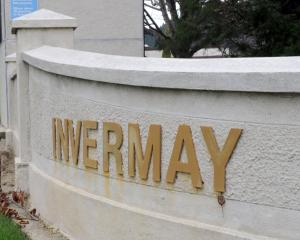Genetically modified cows were born with ovaries that grew so large they caused ruptures, killing the calves, during research on human fertility treatments that went horribly wrong.
AgResearch is studying tissue from one of three dead calves to try to find out what caused the problem, where ovaries grew to tennis ball or golf ball sizes rather than the usual thumbnail-size.
Details of the deaths - contained in veterinary reports released under the Official Information Act - have reignited debate over the ethics of GM trials on animals.
AgResearch's Jimmy Suttie said he did not see the deaths as a "big deal" and that they were part of the learning process for scientists.
But GE-Free NZ spokesman Jon Carapiet said details of the calf trial showed the animal welfare committee overseeing AgResearch's work was "miles away from the ethics and values of the community".
The calves died last year, aged 6 months.
They had been formed after human genetic code injected into a cow cell was added to an egg from a cow's ovary and then put into a cow's uterus.
The scientists hoped that the genetic code, a human follicle stimulating hormone (FSH), would enable the cows that were produced to express milk containing compounds that could be used as a human fertility treatment.
Under new permits issued by the Environmental Risk Management Authority this month, AgResearch can put human genes into goats, sheep and cows for the next 20 years to see if the animals can produce human proteins in their milk. The proteins could eventually be used to treat human disorders, including rare diseases.
Anti-GM groups argued the cost to animal welfare was too high, citing cases of aborted and deformed fetuses, deformed calves and respiratory conditions among animals bred at Ruakura, near Hamilton.
Documents released under the Official Information Act show a Maf animal welfare investigation said there were deformities and respiratory problems at the facility - something AgResearch had been open about - but said that was a foreseeable by-product of the project.
Overall, the investigator found cows were better cared for by vets at Ruakura than they would be on a standard dairy farm



